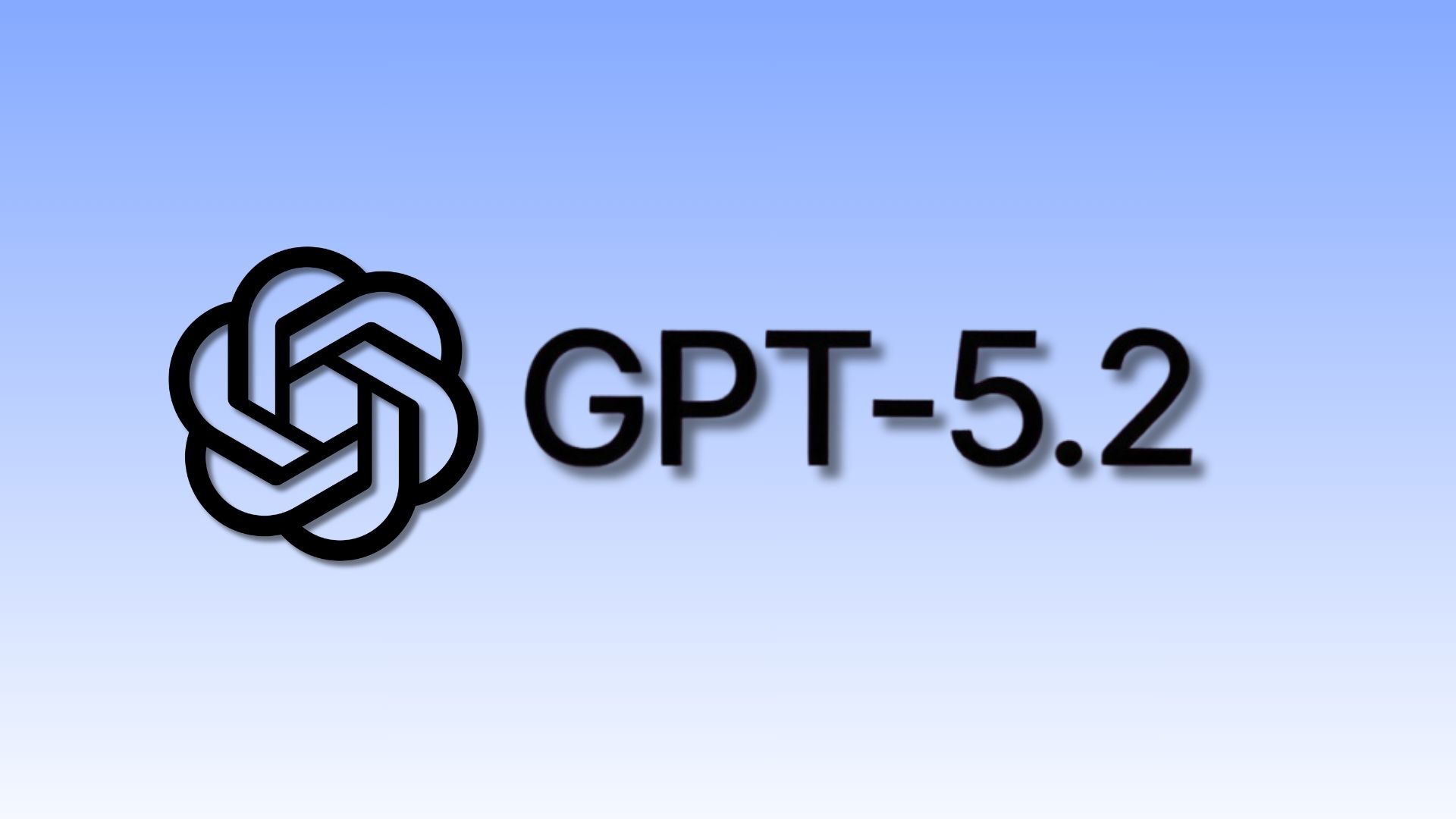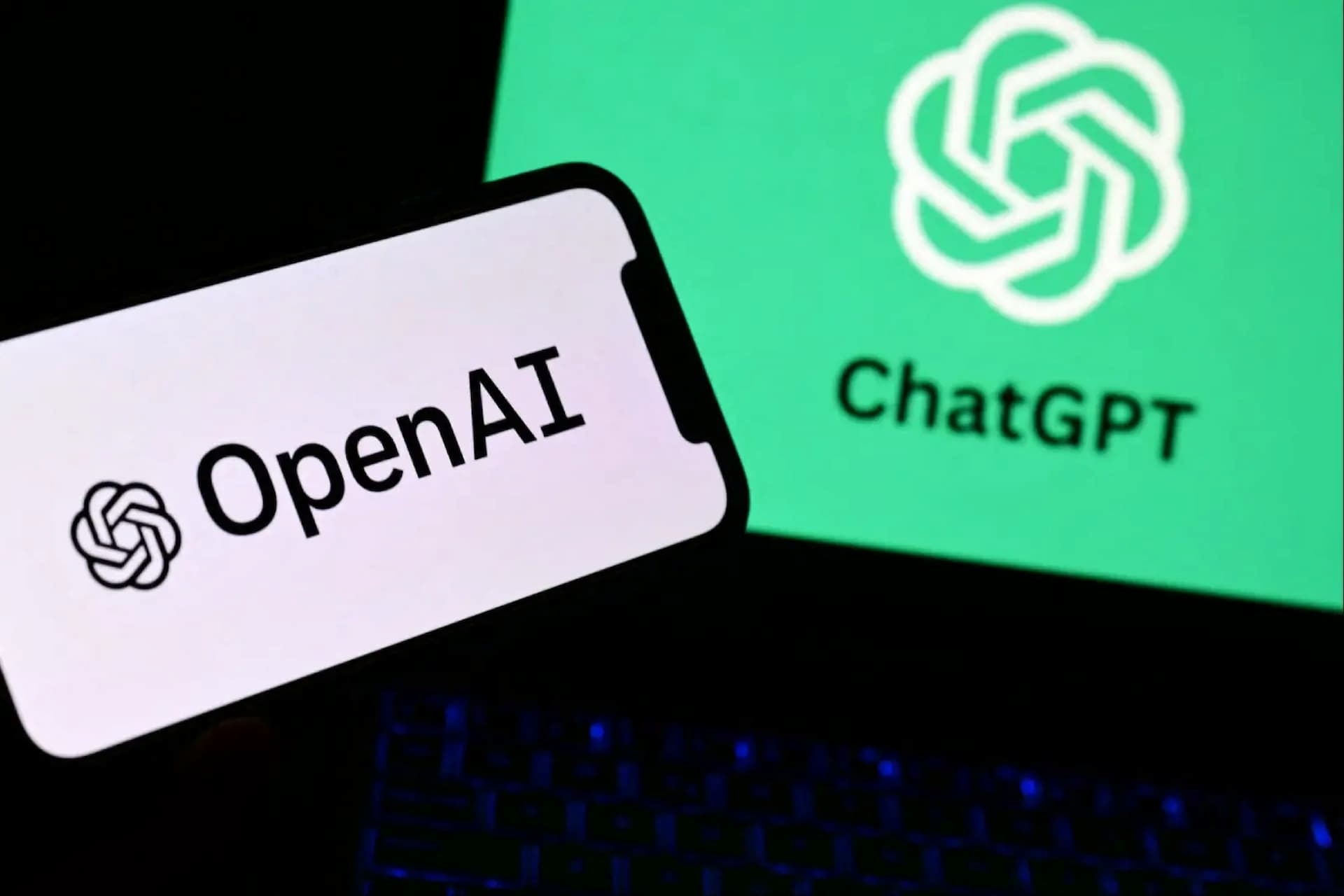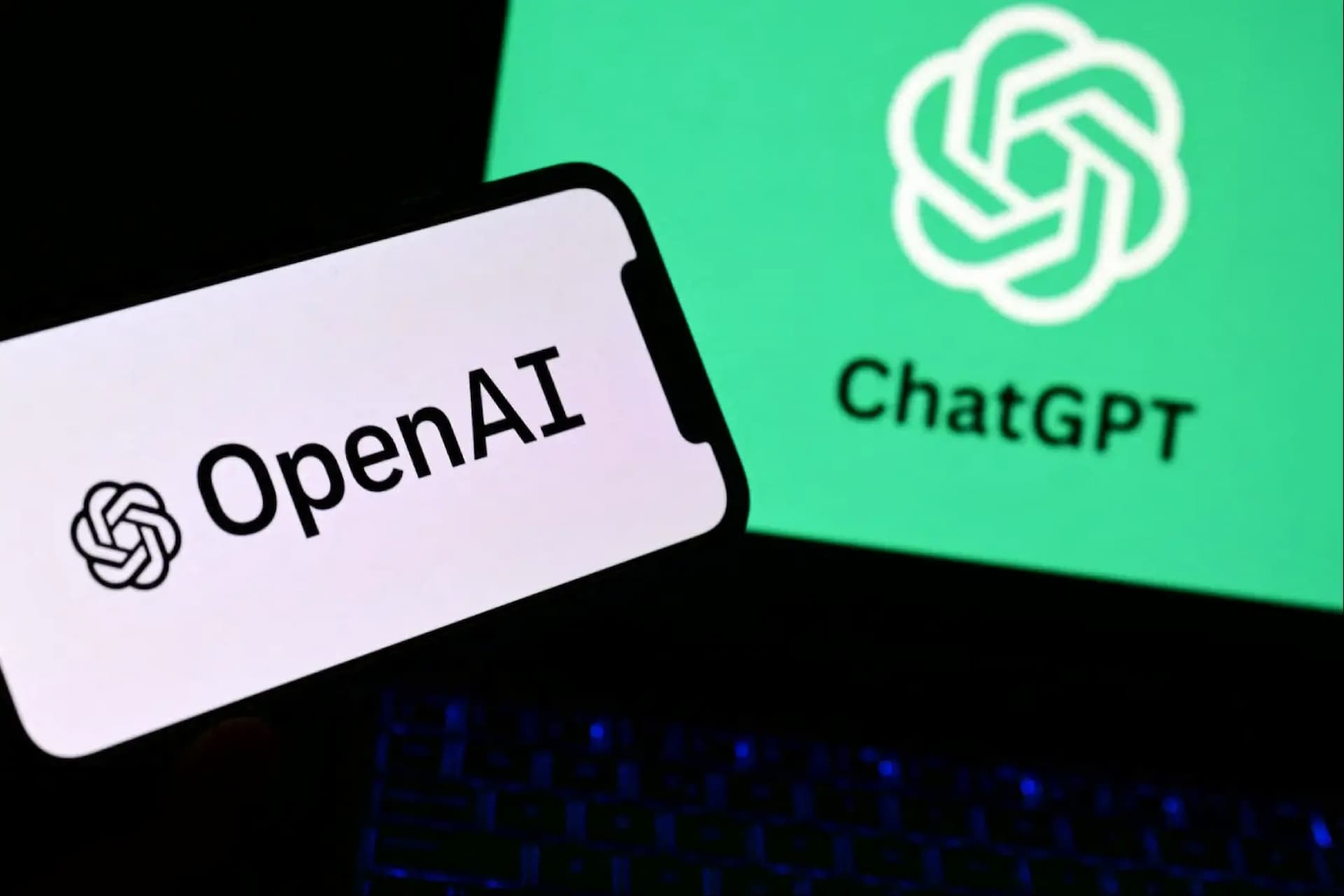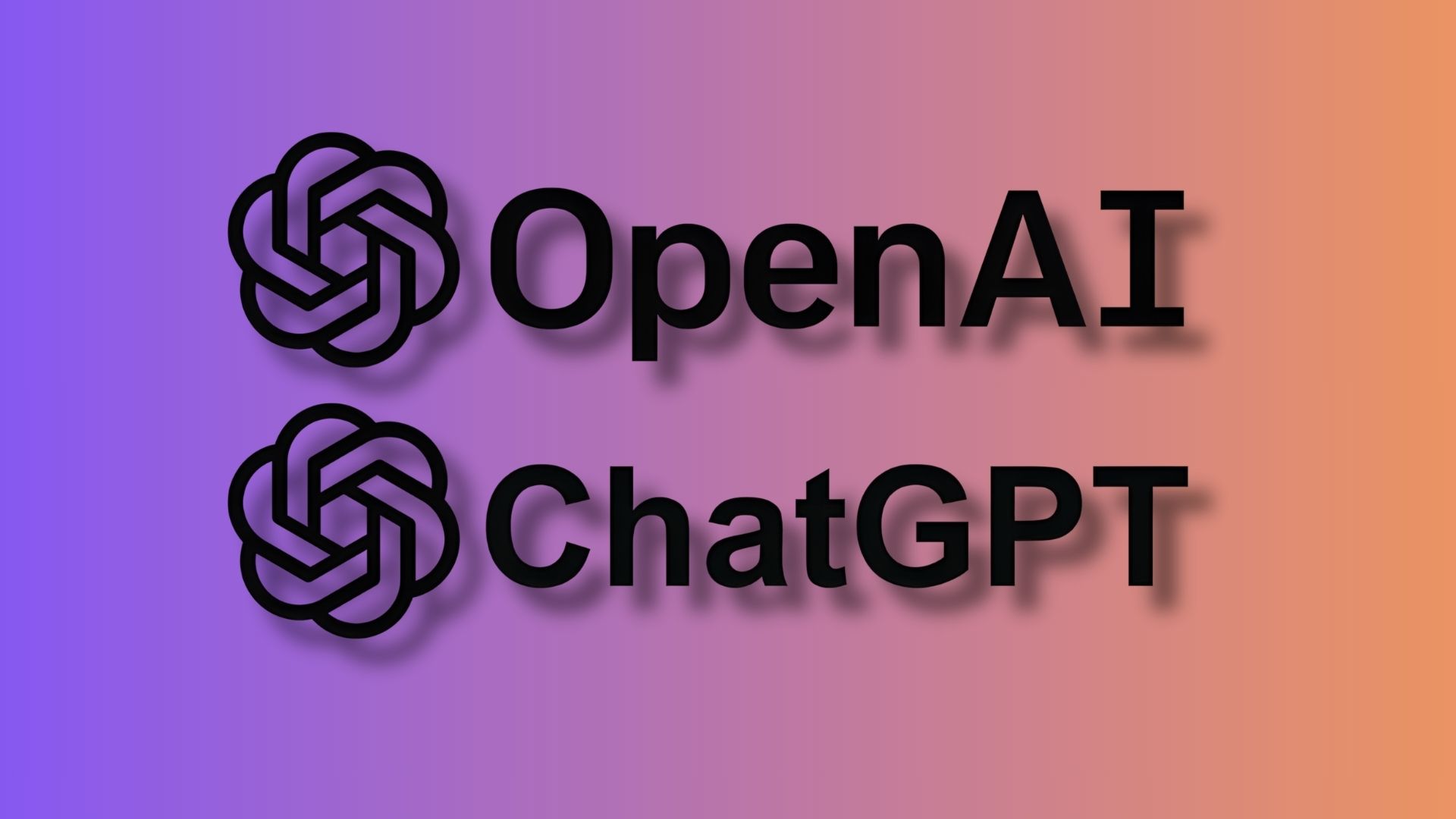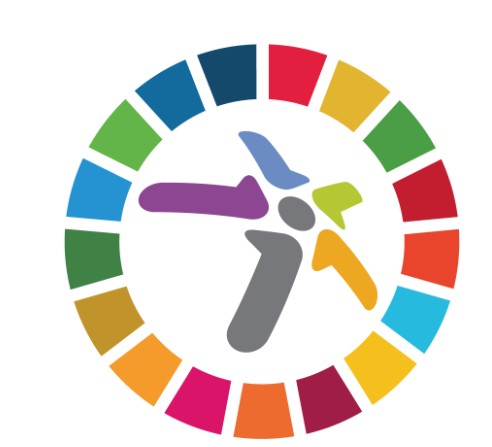OpenAI has launched GPT-5.2, highlighting improved safety performance in conversations involving mental health. The company said the update strengthens how its models respond to signs of suicide, self-harm, emotional distress, and reliance on the chatbot.
The release follows criticism and legal challenges accusing ChatGPT of contributing to psychosis, paranoia, and delusional thinking in some users. Several cases have highlighted the risks of prolonged emotional engagement with AI systems.
In response to a wrongful death lawsuit involving a US teenager, OpenAI denied responsibility while stating that ChatGPT encouraged the user to seek help. The company also committed to improving responses when users display warning signs of mental health crises.
OpenAI said GPT-5.2 produces fewer undesirable responses in sensitive situations than earlier versions. According to the company, the model scores higher on internal safety tests related to self-harm, emotional reliance, and mental health.
The update builds on OpenAI’s use of a training approach known as safe completion, which aims to balance helpfulness and safety. Detailed performance information has been published in the GPT-5.2 system card.
Would you like to learn more about AI, tech, and digital diplomacy? If so, ask our Diplo chatbot!

